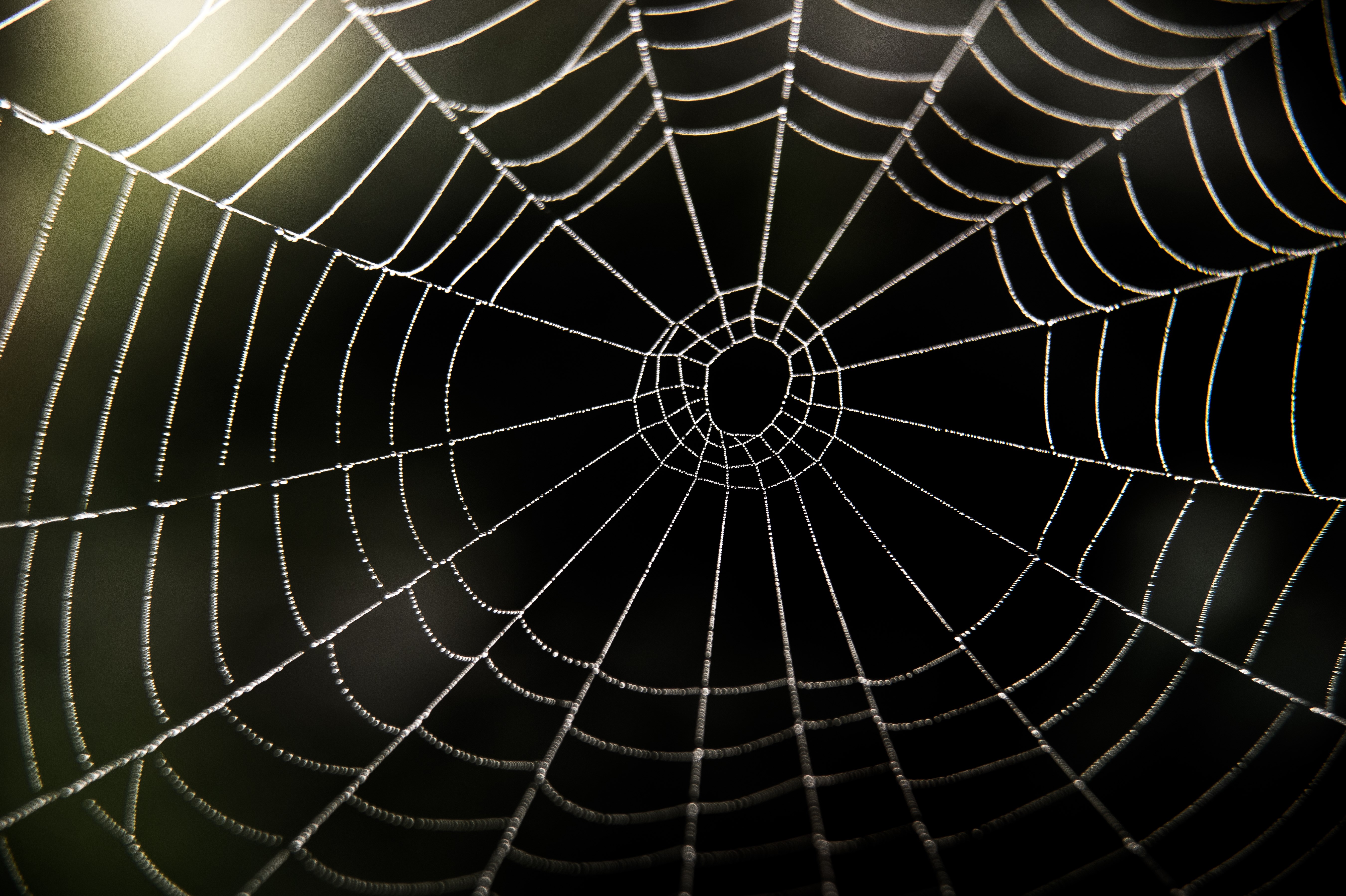This weird spider uses its web as a weapon

A free daily email with the biggest news stories of the day – and the best features from TheWeek.com
You are now subscribed
Your newsletter sign-up was successful
When you think of a spider's web, you probably think of it as a trap — the spider waits patiently for some unsuspecting fly to wander into the net of sticky threads, where it will be unable to escape until the spider gets to it. But as it turns out, spiders use their webs in lots of different ways. And in the case of the triangle-weaver spider, their web is less like a trap and more like a weapon.
The triangle-weaver uses its web "the way humans might use a slingshot or a crossbow," National Geographic explained, by stretching it and using its stretchiness to propel the web forward to catch its prey.
While we've observed the unconventional methods of the triangle-weaver spider before, a new study published on Monday in the Proceedings of the National Academy of Sciences was the first attempt to actually study the maneuver. What researchers discovered was a startling use of the elasticity of the spider's web, like snapping a rubber band or a slingshot, to launch both spider and web forward.
The Week
Escape your echo chamber. Get the facts behind the news, plus analysis from multiple perspectives.

Sign up for The Week's Free Newsletters
From our morning news briefing to a weekly Good News Newsletter, get the best of The Week delivered directly to your inbox.
From our morning news briefing to a weekly Good News Newsletter, get the best of The Week delivered directly to your inbox.
Though the triangle-weaver's method is a lot more active than the sit-and-wait type of spider web we're accustomed to, there's no less patience involved in its process: Sometimes triangle-weavers hold their web in a taut position for hours on end waiting for prey to come near enough to strike, said Sarah Han, the study's lead author.
The triangle-weaver is an interesting case because it uses the same scientific principles behind the way a frog or a flea jumps — but not within the body of the spider. Instead of evolving the capacity to jump, it uses its web to accomplish the same goal. Learn more at National Geographic.
A free daily email with the biggest news stories of the day – and the best features from TheWeek.com
Shivani is the editorial assistant at TheWeek.com and has previously written for StreetEasy and Mic.com. A graduate of the physics and journalism departments at NYU, Shivani currently lives in Brooklyn and spends free time cooking, watching TV, and taking too many selfies.